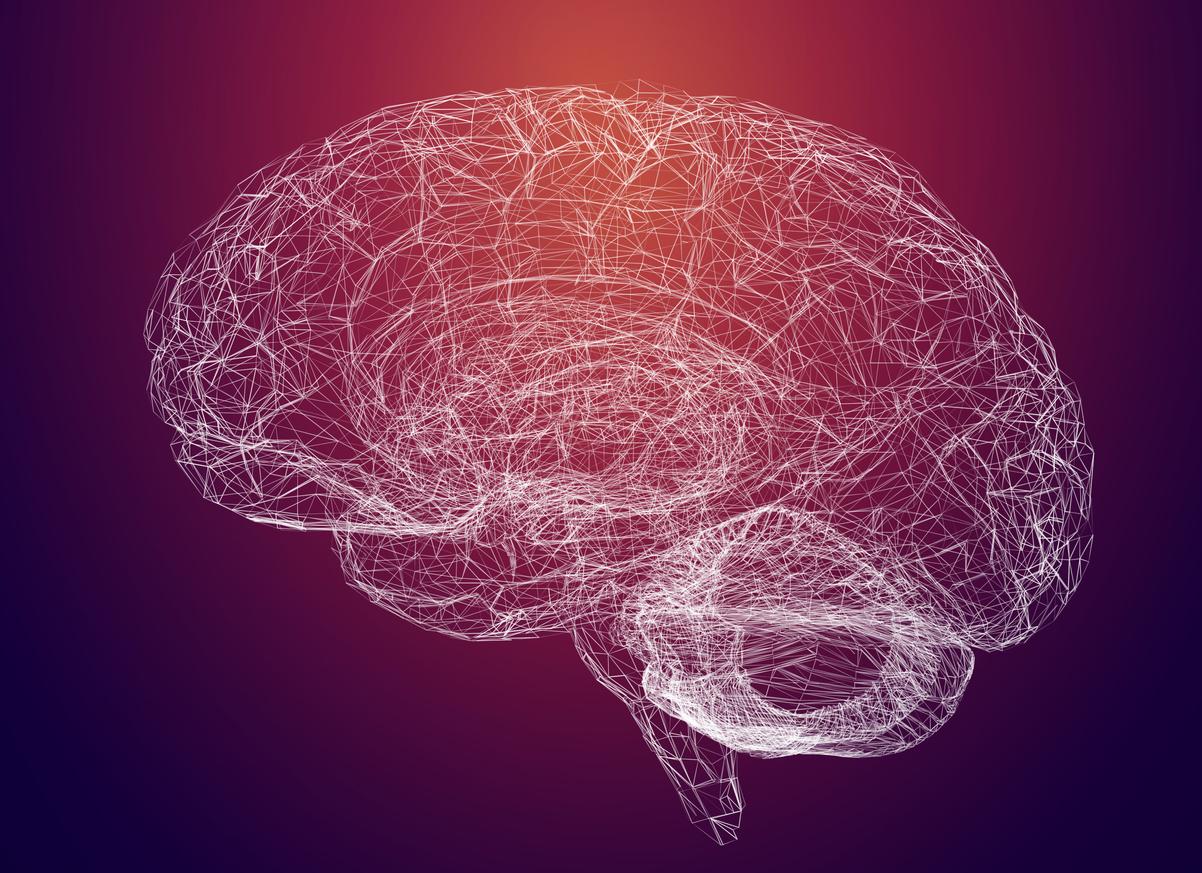September 22, 2004 – Neurofeedback may be effective against Attention Deficit Hyperactivity Disorder (ADD / HD) in children.
The results of a preliminary clinical study, conducted by a team of researchers from the University of Montreal, would have provided a success rate of around 75%, both in terms of attention deficit and hyperactivity.
Neurofeedback – a variation of biofeedback – is a training technique through which one can act directly on the electrical activity of the brain, the patient being connected to a monitor that allows him to observe for himself how he can operate his brain optimally.
In children with AD / HD, their brains have been found to emit too many slow waves (theta) and not enough fast waves (beta). “The objective of the study was to assess the impact of the decrease in slow waves and the increase in fast waves on brain function,” explains neuropsychologist Johanne Lévesque.
To perform the experiment, she and her team recruited 20 children with AD / HD who were not using any medication. Fifteen were assigned to neurofeedback training, while the other five made up the control group.
The children in the first group took part in 40 individual neurofeedback sessions. During training aimed at improving their attention, they had to concentrate on moving an automobile presented on the screen like a video game. When they were sufficiently concentrated, the car moved forward and, conversely, it stopped at every moment of inattention.
The training to reduce hyperactivity was done from another graphic animation. This time the kids saw three lights on the screen, one green and two red, and only the green light should come on. To do this, they had to increase the amplitude of their sensorimotor rhythm (brain activity associated with motor and self control), with the consequence of a decrease in their hyperactivity / impulsivity.
The data collected at the end of the study compared to those at the beginning show a significant improvement, both in terms of attention deficit and hyperactivity, according to the researcher who said she was – same surprise at the results. “The children have learned to normalize their brain electrical activity, it’s fabulous,” says Ms. Lévesque.
As for the long-term effect of neurofeedback, data collected from parents indicates that the improvements would be lasting for at least four months after training. However, other Canadian and American studies have shown that the improvements seen in children with AD / HD may be sustained for periods of up to ten years. Johanne Lévesque intends to resume measures within a few years in order to assess the extent of the longer-term efficacy of neurofeedback in the children who took part in her study.
Martin LaSalle – PasseportSanté.net















